|
Bioenergy Future Ireland 2020 is fast approaching you can Register here We are proud to bring together industry leaders and like-minded individuals to openly discuss the importance of bioenergy in the future of Ireland energy supply. We will be looking at the issues and opportunities around Renewable Heat Incentive (RHI), RES (E), National Energy & Climate Plan, Biomass, CHP, Biogas, Biofuels, Anaerobic Digestion and much more. Discussions will take place on the latest developments, trends, strategies and policies relating to one of Ireland’s most important energy sectors.
This plans to be a great event for the industry in Ireland with an impressive speaker line up in place, see below. Delegates will hear engaging presentations from some of the most influential people in the Irish & International bioenergy sectors and there will be multiple engagement opportunities with speakers, IrBEA CEO Sean Finan and President Des O’Toole, along with Government, Industry and Solution Supplier representatives. CONFIRMED SPEAKERS FOR IRBEA CONFERENCE: Ray Langton – Sustainable Energy Association Ireland Donna Gartland – District Heating Association Billy Costello – Green Generation Prof. Brian Ó Gallachóir UCC & SEAI Energy Report James Cogan – Ethanol Europe Laura Burke – Enviromental Protection Agency Donal Hayes – Tipperary Cheese Eugene Hendrick – Wood Fuel Quality Assurance Scheme Chairman Jack Cotter – Cotter Bros Wood Fuel More speaker updates to follow…. FOR INFORMATION ON EXHIBITING & BOOKINGS GO TO www.bioenergyfutureireland.com
1 Comment
Follow the video below of Cotter Bros Firewood operations, it’s a film they made some time ago of the firewood processing routine each year. Logs that have been cut last fall are air dried to under 30% first and then setup for processing and further drying to under 25% moisture to make WFQA certified wood. The Sawdust is extracted and bagged and sold as animal bedding - nothing is wasted. Cotter Bros Firewood source all their wood locally from local forest owners and also use local people to work all the plant machinery and timber handling. When you are choosing your home heating, by choosing wood you can make savings of up to 50% on oil, to really make a difference pick a WFQA certified firewood producer. Hope you enjoy the film The resilience of the forestry and forest products sector is being tested at the moment due to an unprecedented number of blanket submissions opposing afforestation, felling licences and forest roading. This is negatively affecting Coillte, Irish family-owned sawmills, panel board mills, contractors, forestry companies, foresters and private forest owners – mainly farmers. While most of these stakeholders have been aware that licencing has virtually ceased since last August, it took the recent Mackinnon review to outline the bleakness of the position. Mackinnon explained how increasing submissions – objections – from individuals and organisations on applications have slowed the approval system down to a standstill. He estimated that if submissions on roads and felling applications are added to afforestation the figure rises to over 1,000. read more
Work is in harvesting but he provides a wide range of other operations including forest road construction, wood-chipping and tree care. “I employ 18 people, most of them with mortgages and families to support,” he said. “These are likely to be out of work in the new year unless the licence approval system dramatically improves.” Like most contractors, he has borrowed heavily in order to purchase machinery. “I am currently paying back €2,700 every month for one harvester alone, which needs to work full time to justify this investment,” he explained. “This is the first time in 47 years that I and my staff are out of work as a result of a situation that is not of our making.” Afforestation Afforestation approvals have now reduced to a trickle. “Every obstacle on planting application including referrals to ecologists and a myriad of public bodies is being placed on afforestation at the moment,” maintained a spokesperson for one of the forestry companies. “Mackinnon was right when he quoted foresters as being concerned for their future as a result of delays in handling applications and the potential for appeals,” he said. “These concerns exist throughout the forest chain from nursery owners to contractors and from harvesting to processing. “ A lack of a consistent proforestry approach by the inspectorate is a factor where as Mackinnon said ‘actions by some [and] inaction by others can have a negative impact on the livelihood of individuals’.” Forest Industries Ireland (FII) met the Department of Agriculture, Food and the Marine, Coillte and sawmillers last week and is meeting stakeholders this week on trying to chart a future out of the current impasse. Forest Service approvals for felling licences, afforestation and roading have virtually ceased since August due to 1,000 blanket submissions, writes Donal Magner. This consultation is taking place in three forms.
The closing date for 1 and 2 is this 10th January 2020. The Irish Bioenergy Association along with the WFQA and it’s members are drafting a response to be submitted. We will release this submission shortly to all interested parties. The Irish BioEnergy Association (IrBEA) and the Wood Fuel Quality Assurance Scheme were disappointed to hear reports this week, that the government may be considering a nationwide ban on burning all solid fuels to solve air quality and emissions issues regardless of their individual potential. IrBEA are objecting to wood fuels being potentially treated in the same way as fossil fuels, and essentially being tarred with the same brush. Wood fuels are an essential part in assisting Ireland reduce its greenhouse gas emissions and transiting to a low carbon economy. Properly dried and combusted, wood fuel is an environmentally safe fuel. Our organisation is specifically focused on developing wood fuels for their considerable benefits in terms of reduction of greenhouse gases and for providing a cost-effective and sustainable source of heating and efficient combined heat and power.
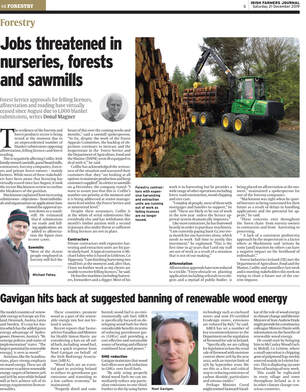 The Irish BioEnergy Association (IrBEA) and the Wood Fuel Quality Assurance Scheme notes with great concern press reports today that the government may be considering a nationwide ban on burning all solid fuels to solve air quality and emissions issues regardless of their individual potential. IrBEA are objecting to wood fuels being potentially treated in the same way as fossil fuels, and essentially being tarred with the same brush. Wood fuels are an essential part in assisting Ireland reduce its greenhouse gas emissions and transiting to a low carbon economy Properly dried and combusted, wood fuel is an environmentally safe fuel. Our organisation is specifically focused on developing wood fuels for their considerable benefits in terms of reduction of greenhouse gases and for providing a cost-effective and sustainable source of heating and efficient combined heat and power. IrBEA through the Wood Fuel Quality Assurance Scheme is specifically focused on developing quality wood fuels for consumers. Wood Fuels contribute added benefits in terms of reduction of greenhouse gas emissions when compared to fossil fuels while providing a cost-effective and sustainable source of heating and efficient combined heat and power. read more
The Irish BioEnergy Association (IrBEA) and the Wood Fuel Quality Assurance Scheme notes with great concern press reports today that the government may be considering a nationwide ban on burning all solid fuels to solve air quality and emissions issues regardless of their individual potential. IrBEA are objecting to wood fuels being potentially treated in the same way as fossil fuels, and essentially being tarred with the same brush. Wood fuels are an essential part in assisting Ireland reduce its greenhouse gas emissions and transiting to a low carbon economy Properly dried and combusted, wood fuel is an environmentally safe fuel. Our organisation is specifically focused on developing wood fuels for their considerable benefits in terms of reduction of greenhouse gases and for providing a cost-effective and sustainable source of heating and efficient combined heat and power. IrBEA through the Wood Fuel Quality Assurance Scheme is specifically focused on developing quality wood fuels for consumers. Wood Fuels contribute added benefits in terms of reduction of greenhouse gas emissions when compared to fossil fuels while providing a cost-effective and sustainable source of heating and efficient combined heat and power. Noel Gavigan, Technical Executive with the Irish Bioenergy Association and Manager of the Wood Fuel Quality Assurance Scheme states “we unquestionably must look to reducing all emissions of particulate matter and CO2, wood fuel offers over 90% reduction in greenhouse gases over fossil fuels. By only using properly dried wood fuels we can immediately reduce any particulate emissions to one third, further to this by using better technology such as enclosed stoves and now EU certified Ecodesign stoves, emissions are reduced by 89%.” With the government proposal to consider a ban on using all solid fuels we would essentially remove Irelands potential to use its own natural resource. The state and private land owners have heavily invested in establishing forests, an investment that is provides valuable wood products for use in the Irish economy, in wood fuels, board products, and sawn timber and in other uses. Gavigan concluded “Earlier this year we submitted a detailed, evidence-based proposal to the Department of Communications, Climate Action and Environment on talking the issue of totally unsuitable wet firewood being placed on the market and the implications this has for air pollution, and the heating value of wood fuel. The submission was followed up in a further communication in early October. IrBEA has set a number of key recommendations to the department on the regulation of firewood for sale in Ireland. Specifically, we are calling for legislation to ban the retail sale of firewood with moisture content above 20% by the year 2022, with an interim limit of 25% by September 2020. We see this as a first and critical step to reducing emissions of carbon dioxide, particulates and nitrous oxides.” Technical Notes to Editors Wood fuel quality is critical to ensuring low emissions and high efficiency. The EU/ISO standard for firewood sets a limit of 25% moisture content for A1 firewood. It is well recognised and tested that wet domestic wood fuels produce high emissions of particulates and NOx, while at the same time giving little heat to the consumer. Firewood at 20% moisture content produces less than 33% of the emissions of wood fuel at 30% moisture content in older stoves, while in modern Eco-Design stoves the emission levels are reduced by almost 90%. According to SEAI figures wood fuels produce as little as 3.2g CO2 per MJ heat, comparing this to gas which produces 56.9g, kerosene which produces 73.3g and heat pumps today which produce anything from 19g to 52g depending on the amount of wind on the electrical system. No other heating source can produce heat on demand with such a minimal impact on CO2 emissions. About the Wood Fuel Quality Assurance Scheme (WFQA) The Wood Fuel Quality Assurance (WFQA) scheme for Ireland is an all island scheme established to increase consumer confidence in wood fuel products sold in Ireland. The WFQA administered by IrBEA independently certifies and verifies suppliers of firewood, wood pellets, woodchip and wood briquettes. All certification is carried out against EN ISO 17225 standards for biomass fuels. The WFQA currently certifies 25 suppliers and engages in workshops and open days to promote the use of properly produced wood fuels. We welcome queries from the general public seeking to know more about using wood fuels and in identifying the correct type of fuel to use. Further details can be found at www.wfqa.org About the Irish BioEnergy Association (IrBEA) IrBEA was founded in May 1999. Its role is to promote the bioenergy industry and to develop this important sector on the island of Ireland. The organisation is a self-governing non-profit association of voluntary members. Our diverse membership includes: farmers and foresters, fuel suppliers, energy development companies, equipment manufacturers and suppliers, engineers, financiers and tax advisers, legal firms, consultants, planners, research organisations, local authorities, education and advisory bodies – anyone with an interest in the bioenergy industry. Governance and strategic oversight are provided by Board of Directors and a Management Committee, with support from a small Executive Team. IrBEA is affiliated to BioEnergy Europe and the European Biogas Association (EBA). For further information please contact Noel Gavigan, IrBEA Technical Executive & WFQA Programme Manager 087-6845977 [email protected] |
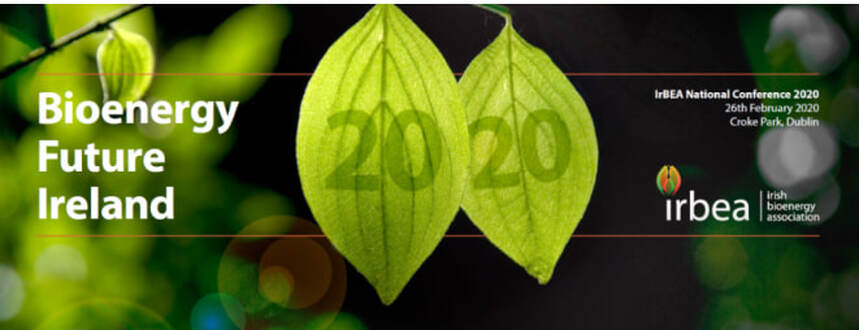
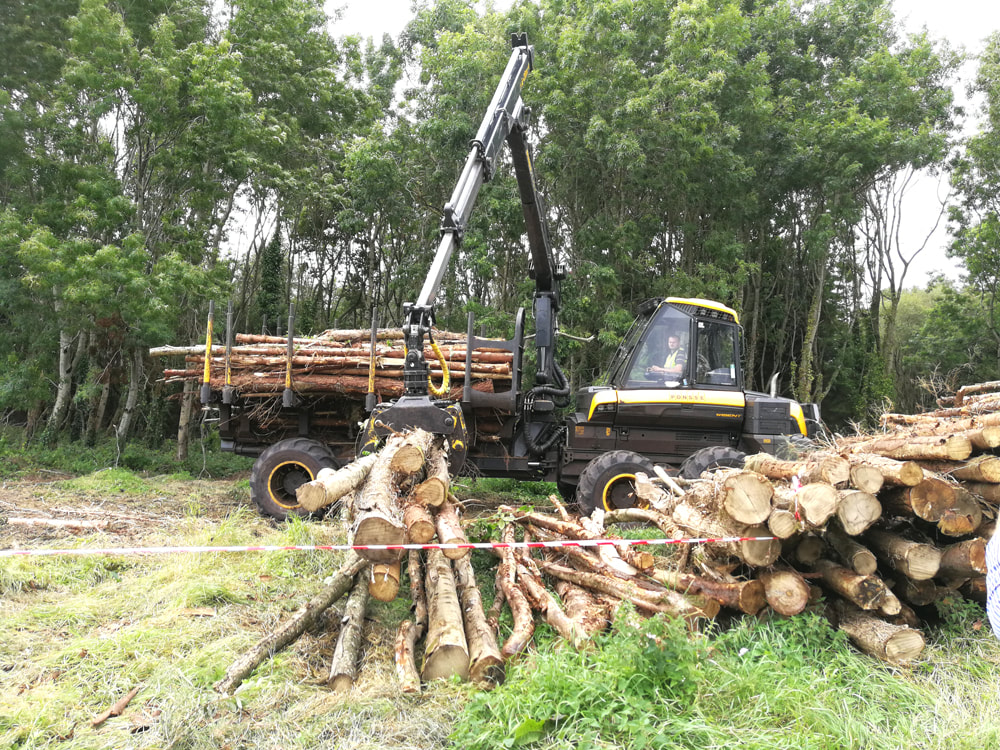
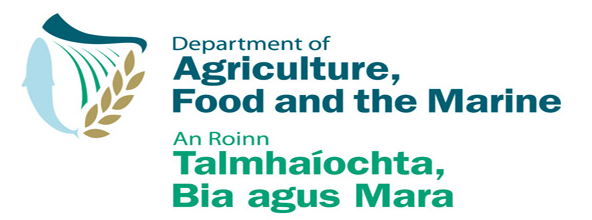
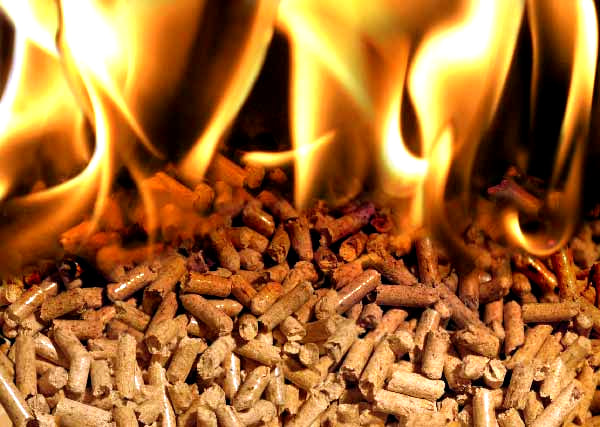
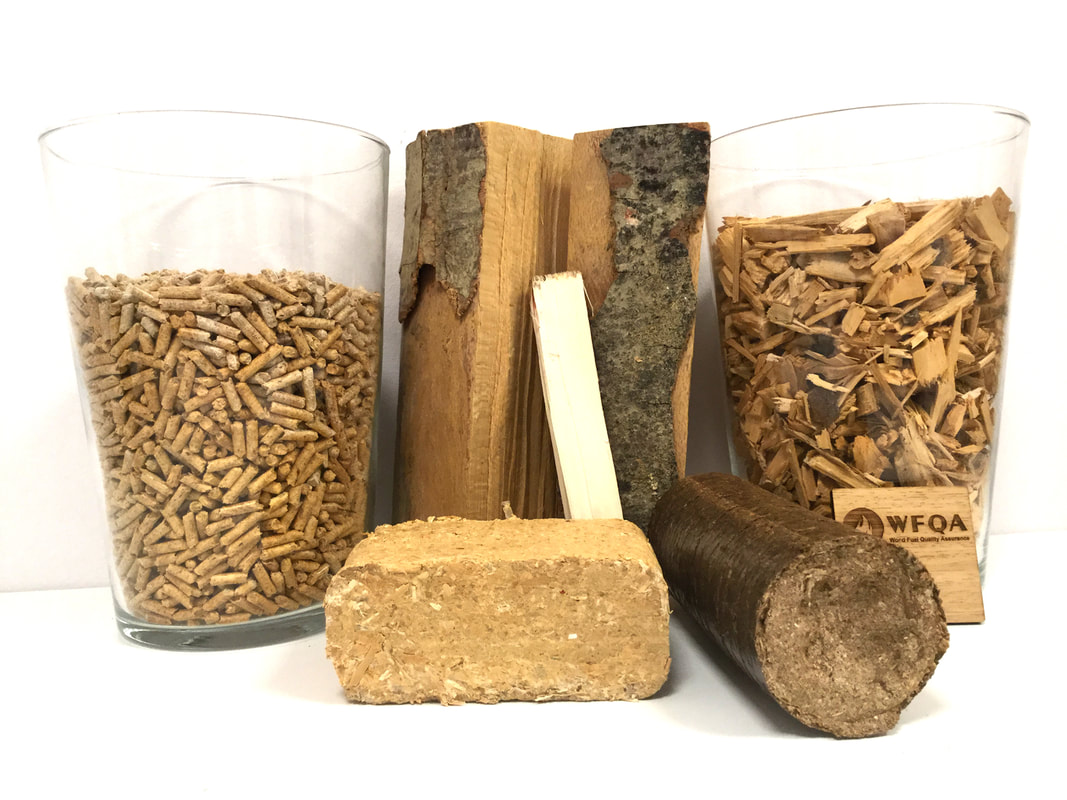
 RSS Feed
RSS Feed